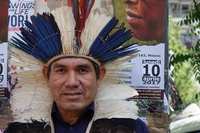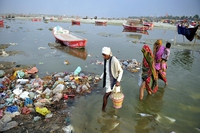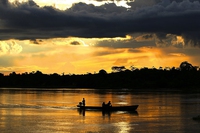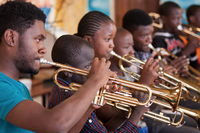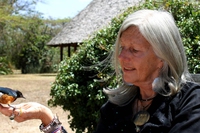
Kuki Gallmann, fighting for Kenya’s nature and her life
Kuki Gallmann is an Italian born Kenyan who established the Laikipia Nature Conservancy in Ol Ari Nyiro – which means the “place of great springs” in the local Maa language – an area on the edge of the Great Rift Valley, in the north Kenyan region of Laikipia: what used to be a ranch is now a protected


